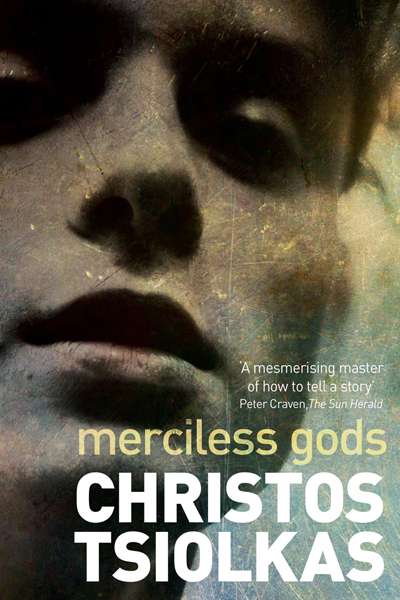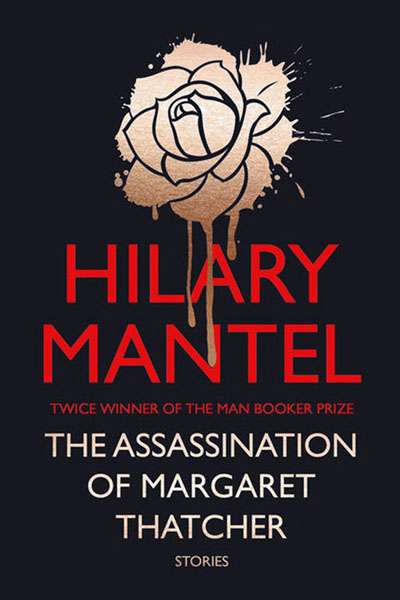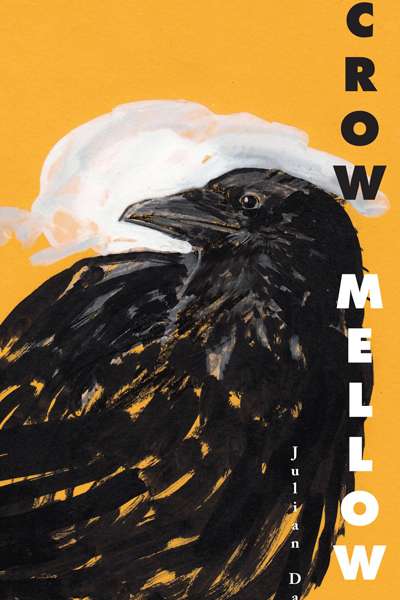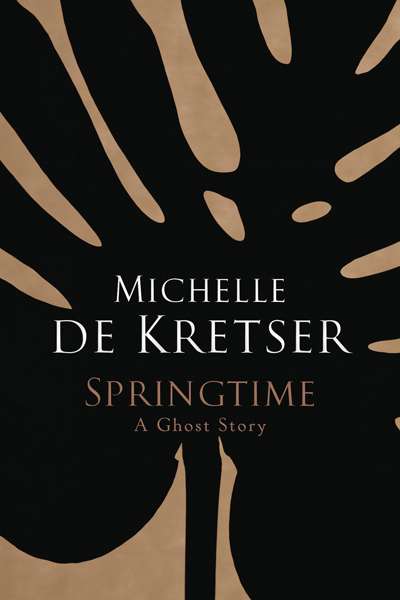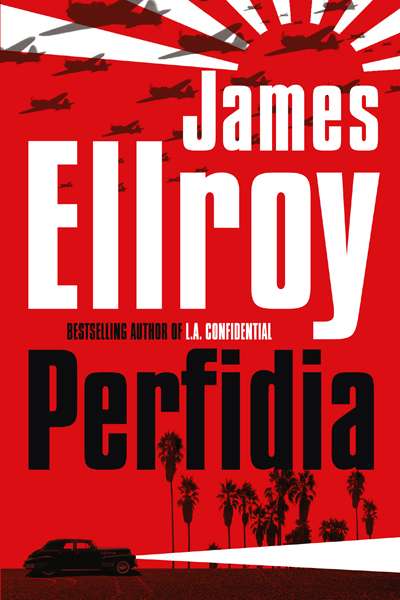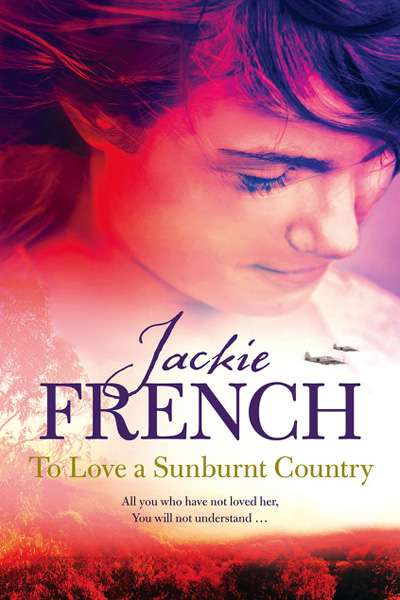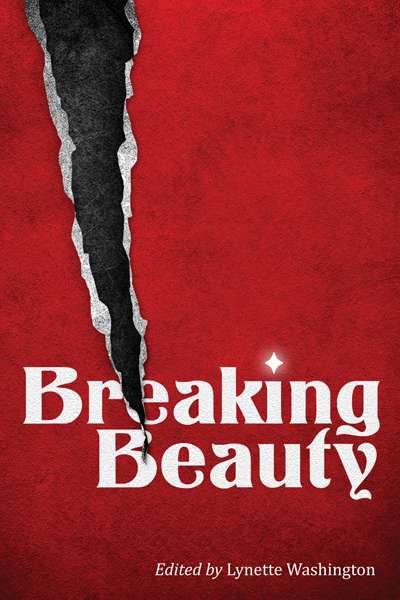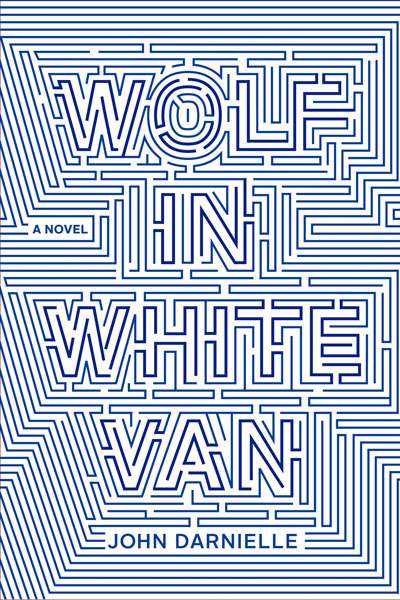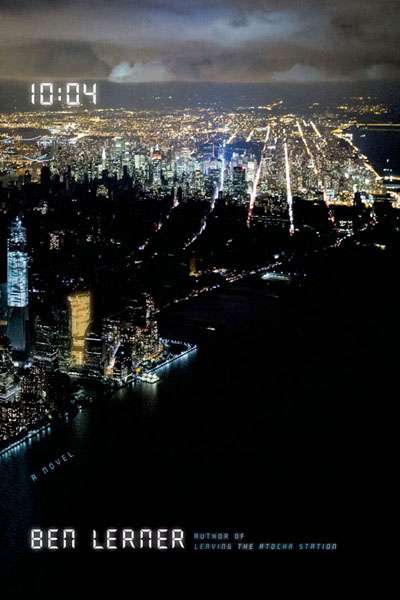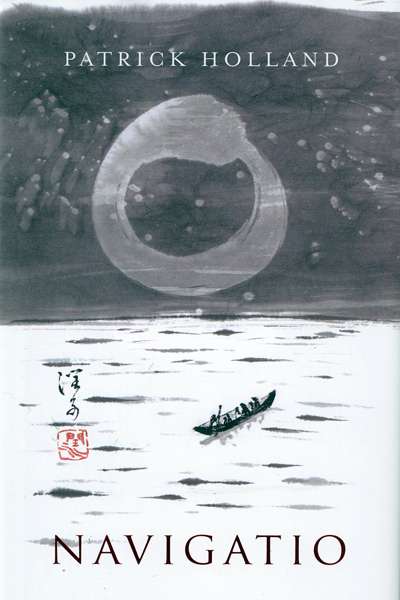Fiction
Christos Tsiolkas has established himself as a fiction writer to be reckoned with, especially since the publication of the explosive Dead Europe (2005) and the bestselling The Slap (2008). His latest novel, Barracuda (2013), marked a return to the adolescent anger and simpler naturalism of his early work. So his new volume of stories, Merciless Gods, may offer some help in understanding the trajectory of his career and his changing interests.
... (read more)The Assassination of Margaret Thatcher: Stories by Hilary Mantel
If you think of writers as constructors, then Hilary Mantel is surely a builder of cathedrals. Two cathedrals, in fact: her two Man Booker Prize-winning novels about Thomas Cromwell and his England, Wolf Hall (2009) and Bring Up the Bodies (2012), are soaring, intricate, and gigantic. And there is another cathedral, a third in the trilogy, on the way. Vast as these enterprises are, Mantel can also do small and beautiful: here are ten lustrous short stories to prove it. I can’t think of any kind of architecture that compares. They seem more like a string of dark pearls.
... (read more)Crow Mellow, the sixth novel by Julian Davies, centres on a bush retreat where a millionaire couple gathers artists to share around ideas. From an optimistic standpoint, the retreat is a salon. Viewed differently, all parties are engaged in a status grab: artists ‘came from the cities of the east coast to score … the kudos of being there when their colleagues weren’t’. For the millionaires, collecting artists has its own benefits.
... (read more)Springtime: A ghost story by Michelle de Kretser
Anyone who has lived in Sydney’s inner west will recognise the terrain of Springtime: gardens redolent of mystery and decay, shabbiness, unexpected vistas, and streets that Michelle de Kretser describes as running ‘everywhere like something spilled’.
Frances has moved to Sydney with Charlie, who has left his wife and son Luke behind in Melbourne. Luke’s occasional visits fuel Frances’s uncertainty with intimations of a shared family history from which she feels excluded. She walks Rod, the timid dog she rescued from the pound, and muses on the vagaries of her situation, her fears and failings.
... (read more)There is a quality in James Ellroy’s fiction that evades analysis and exceeds his popular status as a successful author in the ‘crime genre’. This quality is in part connected to his demanding narratives, which inevitably leave one with the nagging feeling that there is a great deal one has failed to understand, and which prompt (often multiple) re-readings of his novels; but it is also connected to his stylistic and structural development, an aspect of his work that is generally ignored.
... (read more)Jackie French, according to the press release for her new adult novel To Love a Sunburnt Country, has written over 140 books in a twenty-five-year career. Many are for children and teenagers. I have only read one other, A Waltz for Matilda (2012), the first in ‘the Matilda Saga’ for teens; but these two books share at least one character and several characteristics.
... (read more)The authors of the stories in Breaking Beauty are graduates of the University of Adelaide, which Brian Castro (a professor there) reminds us in his introduction is ‘the first and best creative writing college in the country’. However, as an advertisement for creative writing at Adelaide University, this collection has limited success. While the contributors’ biographical notes are impressive – most have published a book, and there are winners of major national awards – the quality of the stories is uneven. J.M. Coetzee’s testimonial points to this with his focus on ‘the best of the writers in this collection [who] take us outside our comfortable selves’. Indeed, some of the best – like Stefan Laszczuk’s ‘The Window Winder’ with its image of decapitated heads kissing, Sean Williams’s ‘The Beholders’ as a clever Twilight Zone-esque tale of aesthetics, and Katherine Arguile’s beautiful ‘Wabi Sabi’ with its magical realist components – are masterful explorations of the uncanny.
... (read more)Despite the acoustic guitar driving most of his music as the leader of celebrated American band The Mountain Goats, John Darnielle hung out with the ‘metal kids’ in high school. During more than two decades as a songwriter, he has returned again and again to young misfits who find solace in music and other forms of escape – whether comic books, games, movies, or drugs. Perhaps because he’s been there himself, Darnielle has managed to do this without appearing exploitive or condescending, and his first full-length novel follows suit.
... (read more)In Ben Lerner’s second novel, 10:04, weather maps that promise hurricanes deliver mere showers. The symptoms presented by an ailing human body don’t always yield a diagnosis and the night sky is a mystery. Excavated dinosaur bones can suggest that a creature as wonderful as a brontosaurus might have existed and then, on review, reveal that marvel to have been a fiction all along. It is hard to make sense of all this cultural, biological, and physical data; to integrate, as the narrator of this remarkable novel reflects, ‘all that information into a larger picture’.
... (read more)Patrick Holland’s Navigatio tells the story of Saint Brendan, a monk in early-Christian Ireland who embarks on a sea-bound pilgrimage. The religious nature of this premise offers Holland a degree of freedom from historical realism, and the oceanic regions explored by Brendan are thereby conceived as a realm of mythic and apocalyptic imagination. Brendan’s own pious heroism appears to be modelled on figures of classical mythology, as well as on the invincible heroes of Christian epic literature. The perils he faces are a fascinating blend of pagan and Christian lore, combined with a blurring of dream and reality that is facilitated through Holland’s distinctive style.
... (read more)

